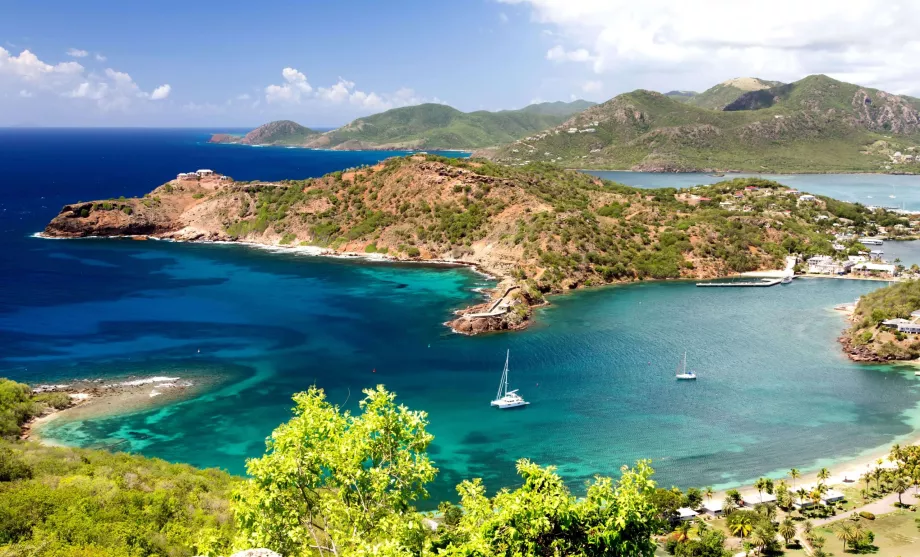
Safety and security in Antigua and Barbuda


What are the health risks in Antigua and Barbuda? Is it safe and where are the places with the highest crime rates?
View available accommodation - Antigua
Health
Make sure you take out good quality travel insurance before you go and definitely don't rely on the European Health Insurance Card or even a credit card policy.
Antigua and Barbuda does not offer significant health risks. The entire Caribbean is a hotspot for dengue fever, for which there is as yet no effective antidote, so the consistent use of repellents and mosquito nets (provided in hotels) is recommended. However, large outbreaks of dengue fever do not occur very often in Antigua, so this risk is not a major concern for holiday planning.
The health risk is the high intensity of sunlight, especially for tourists from Europe or Canada who are not used to it. Consistently use sunscreen if you are prone to sunburn.
Compulsory vaccinations
Antigua and Barbuda requires a mandatory yellow fever vaccination if you are travelling from countries where the disease is present. This applies, for example, when travelling from most countries in South America.
No special vaccination is otherwise required for Antigua.
Risks of swimming in the sea
Swimming in the waters around Antigua and Barbuda is very safe. Due to the enclosed bays, there are usually no large waves. The exception to this may be between August and November, when the sea swells more due to tropical storms and hurricanes.
There are no particularly dangerous creatures in the local seas. For example, a shark attack on a human in the waters of Antigua and Barbuda has never been recorded.
Is the tap water drinkable?
We recommend using tap water only for brushing your teeth or boiling it to pour over coffee or tea.
We recommend buying a 5 litre barrel of drinking water at 20 xcd from any grocery store.
Dangerous animals
Although the jungles of southwest Antigua or the dense vegetation along the coast in the north may evoke the feeling of lots of dangerous creatures, the opposite is true. There are no life-threatening animals in Antigua.
You may come across a scorpion or some species of spider that may bite, but contact with them is not dangerous to humans.
Of the snakes, only the extremely rare endemic species Antiguan racer lives here, but it is harmless and not poisonous.
Stray dogs are occasionally found in the countryside and towns, but in most cases they do not notice strangers. Rabies does not occur on the islands.
Crime
Antigua and Barbuda is a safe country. When it comes to serious crime such as murder, rape, kidnapping and robbery, Antigua and Barbuda is one of the safest countries in the world. These crimes are absolutely rare here and when they do occur, they are usually within households or between tourists and each other.
So, as in any other country in the world, you need to watch out for pickpocketing, especially in the markets of St. John's.
There are no places on the islands where tourists are not advised to enter because of the danger.
The general crime rate is the lowest of any country in the Caribbean.
Disaster risk
There is a risk of hurricanes and tropical storms, which can seriously affect island life for several days or, in exceptional cases, for many weeks.
Hurricanes occur on average once a year. In some years there are 3, but there are long periods when no hurricanes arrive in Antigua at all.
The hurricane season runs from August to the end of October.
Earthquakes and other major natural disasters are rare and not dangerous.
Important contacts
The international telephone code for Antigua and Barbuda is +1-268.
In an emergency, call these numbers (no need to dial the national area code):
- 911 - Police
- 999 - universal emergency number (police + ambulance + fire brigade)
There are minimal foreign diplomatic missions in Antigua and Barbuda. There are only a few embassies in Antigua and Barbuda, including the UK, China, the Dominican Republic, Venezuela and Cuba.
Any questions left?
If you have any questions or comments about the article...

